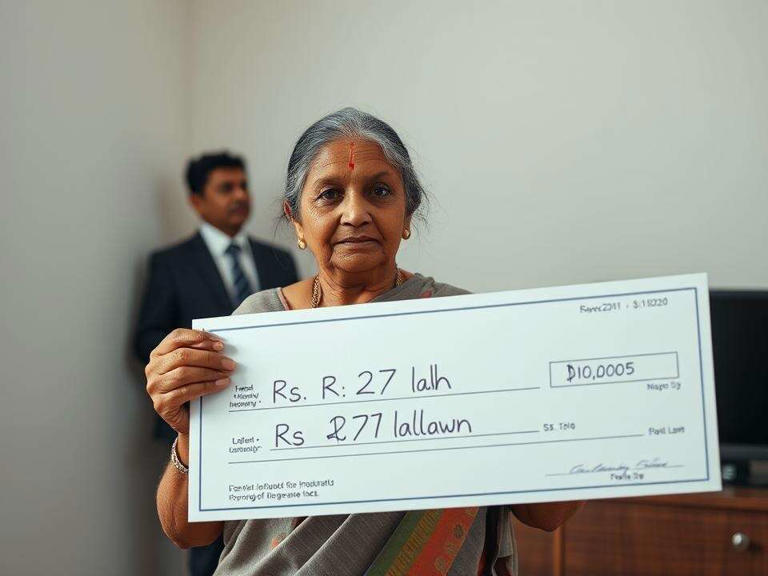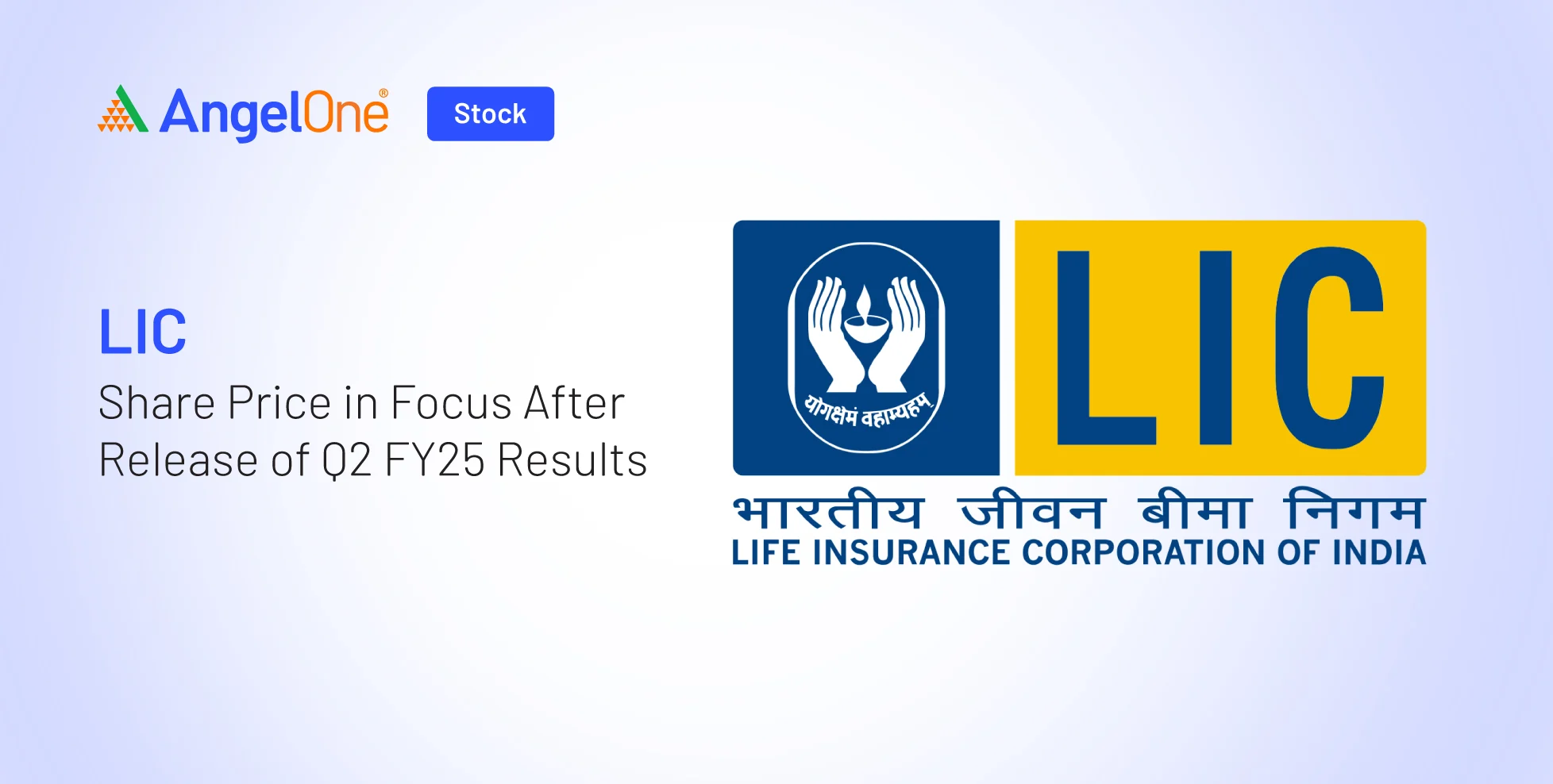₹40 Crore Insurance Fraud: In one of the most shocking cases of insurance fraud in recent years, police in Uttar Pradesh have arrested a 35-year-old man accused of orchestrating the deaths of multiple family members — including his father, mother, and wife — to collect massive insurance payouts. Vishal Kumar, a resident of Meerut, was the nominee in 60 accident insurance policies worth nearly ₹40 crore taken in his father’s name, and investigators now suspect that the series of tragedies he reported were part of a calculated plot to defraud insurance companies.
The investigation began after an insurance company raised suspicions over Vishal’s claim following his father’s death in what was initially reported as a road accident. What started as a routine verification process quickly evolved into a chilling case of alleged premeditated murder and financial deception, revealing a pattern of suspicious deaths over the past several years. Vishal’s father, mother, and wife — all insured for large sums — died in separate incidents that police now believe were deliberately staged to appear accidental.
The ₹40 crore scam highlights deep vulnerabilities in India’s insurance ecosystem, particularly around nominee verification, claims processing, and the proliferation of multiple policies across different companies. It also exposes the lengths to which individuals may go to exploit insurance loopholes, prompting experts to call for stricter regulatory oversight and deeper coordination between insurers and law enforcement agencies.
How the ₹40 Crore Insurance Fraud Unfolded
A Suspicious Claim Raises Red Flags
The scandal came to light after Vishal filed a claim following the death of his 55-year-old father, Mukesh Singhal, in what he described as a road accident on March 27, 2024. Vishal claimed Mukesh was returning to Meerut from Garhmukteshwar when the accident occurred. According to him, his father was first admitted to a local hospital before being shifted to Meerut, where he succumbed to his injuries.
However, discrepancies quickly emerged during the insurance company’s investigation. Hospital records indicated that the accident occurred at night, contradicting Vishal’s statement that it happened during the day. Moreover, the injuries mentioned in his claim report did not match the findings in the post-mortem examination, raising serious doubts about the authenticity of the account.
60 Policies, ₹39 Crore, and a Trail of Lies
Investigators were stunned to discover that Vishal was the nominee in 60 accident insurance policies issued by multiple companies — all taken in his father’s name within just two years before his death. The total insured amount exceeded ₹39 crore, while Mukesh’s declared annual income was only ₹12–15 lakh — far below the financial threshold for such large coverage.
By the time of his arrest on September 29, Vishal had already received around ₹1 crore from various insurers. However, his attempts to mislead investigators — including allegedly withholding documents, attempting to bribe officers, and influencing witnesses — only deepened suspicion.
Read about: Health Insurance Renewals Hit All-Time High in FY26: Modular Plans, Lifestyle Diseases Drive Persistency
A Pattern of Deaths: Mother and Wife Also Victims
The investigation uncovered an even darker pattern when police examined Vishal’s past insurance claims. His mother, Prabha Devi, died on June 21, 2017, in another alleged road accident while riding pillion on a motorcycle with him in Hapur’s Pilkhuwa area. She was admitted to Saraswati Medical College, where she later died. Vishal subsequently received ₹80 lakh in insurance payouts.
Similarly, the death of his wife a few years earlier also resulted in a ₹30 lakh payout. That death, too, was reported as an accident. Taken together, these incidents point to a calculated and repeated scheme to exploit insurance payouts by staging family deaths as accidents — a pattern now under intense police scrutiny.

Arrest and Ongoing Investigation
Vishal Kumar and his associate Satish Kumar were arrested from Modinagar in Meerut in connection with the alleged fraud. Police are also investigating how the premiums for such a large number of policies — which would have been substantial — were paid.
Additional Superintendent of Police Vineet Bhatnagar confirmed the arrests and stated, “The police suspect that Vishal may have been involved in the murders of his family members to fraudulently obtain insurance payouts.” Authorities are now coordinating with multiple insurance companies to track previous claims and examine other suspicious policies that might be linked to the accused.
The Larger Implications for the Insurance Industry
This case underscores significant challenges faced by India’s insurance sector in detecting and preventing large-scale fraud. Experts point out that while insurance companies do conduct claim investigations, the lack of a centralized database for tracking multiple policies across insurers makes it possible for individuals to take out several high-value policies undetected.
Moreover, fraudulent claims involving alleged “accidental deaths” can be difficult to investigate without close cooperation between insurers, medical examiners, and law enforcement. The Vishal Kumar case is now expected to accelerate discussions about tighter nominee scrutiny, enhanced underwriting standards, and improved fraud detection systems across the industry.
Conclusion
The arrest of Vishal Kumar has not only revealed a chilling tale of greed and betrayal but also exposed glaring vulnerabilities in India’s insurance system. The fact that one individual could secure 60 policies worth ₹39 crore — and allegedly orchestrate multiple deaths to claim them — is a wake-up call for both regulators and insurers.
For families, the case serves as a disturbing reminder of how financial incentives can drive individuals to commit unthinkable acts, even against their loved ones. It also underlines the importance of stricter KYC norms, improved claims verification processes, and better data sharing between insurers.
For the insurance industry, the incident is likely to become a pivotal moment that shapes future regulatory policies. Enhanced technology-driven fraud detection, cross-company data sharing, and forensic investigations into high-value claims could become standard practice in the coming years.
As the investigation unfolds, authorities hope that the Vishal Kumar case will serve as a deterrent against future fraud attempts. But more importantly, it highlights the urgent need for systemic reform to ensure that life and accident insurance — meant to protect families — is not manipulated into a weapon of financial crime.
Also read: 2025 Jeep Compass Review: A Family SUV With Adventure Looks But Everyday Practicality
FAQ Section
1. Who is Vishal Kumar and why was he arrested?
Vishal Kumar, a 35-year-old man from Meerut, was arrested for allegedly orchestrating the deaths of his father, mother, and wife to claim insurance payouts worth nearly ₹40 crore. He is accused of staging their deaths as accidents and filing fraudulent claims with multiple insurance companies.
2. How many insurance policies did Vishal take out?
Vishal was the nominee in 60 accident insurance policies taken in his father’s name within two years before his death. The combined insured amount was ₹39 crore. Authorities are investigating how he managed to pay the premiums and obtain so many policies.
3. How did the fraud come to light?
The fraud was exposed when an insurance company raised concerns about inconsistencies in Vishal’s claim following his father’s death. Discrepancies in hospital records, post-mortem reports, and the accident details triggered a deeper investigation, eventually leading to his arrest.
4. Were other family members involved in the fraud?
Police suspect that Vishal may have been responsible for the deaths of his mother and wife as well, both of whom died in alleged road accidents that resulted in substantial insurance payouts. Investigations are ongoing to determine the extent of his involvement.
5. What does this case mean for the insurance industry?
The case has raised serious concerns about fraud detection and nominee verification in India’s insurance sector. Experts believe it could prompt new regulations, including stricter KYC processes, better data sharing between insurers, and enhanced monitoring of multiple high-value policies taken by a single individual.






